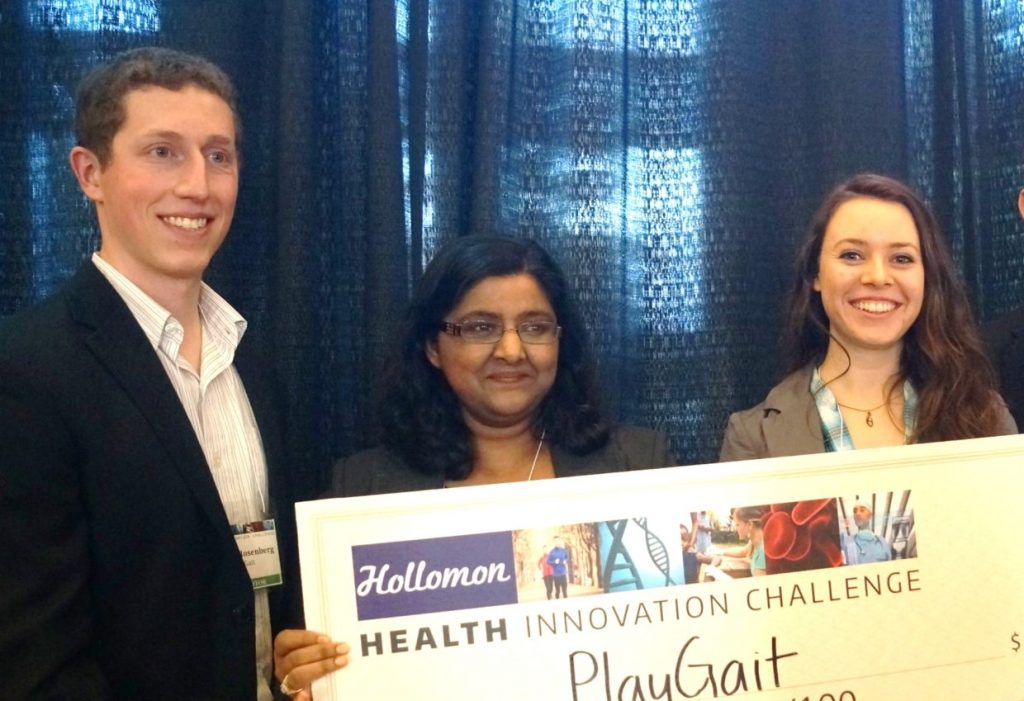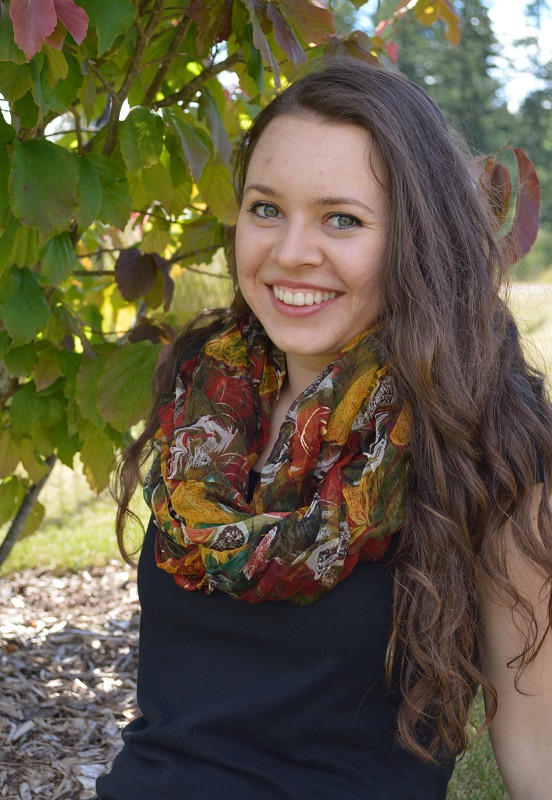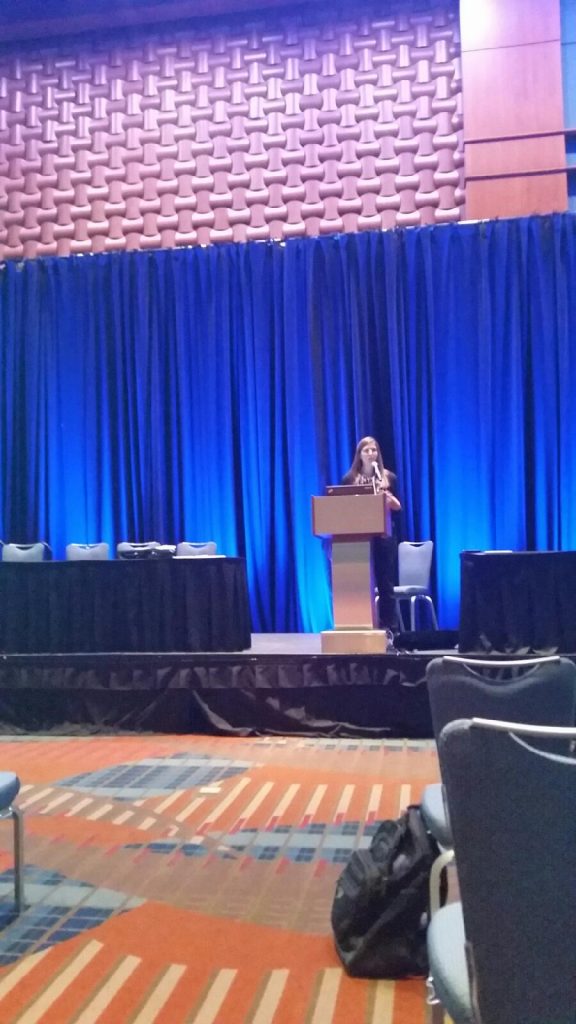 Jessica Zistatsis and team were awarded a $5,000 prize for winning 3rd at UW’s Hollomon Health Innovation Challenge.
Jessica Zistatsis and team were awarded a $5,000 prize for winning 3rd at UW’s Hollomon Health Innovation Challenge.
PlayGait, their device’s name, was developed for children with difficulties walking that helps them move around and rebuild muscles.
To learn more, read GeekWire’s article or UW’s Foster blog.

 Jessica Zistatsis applied to the 11th Annual
Jessica Zistatsis applied to the 11th Annual 